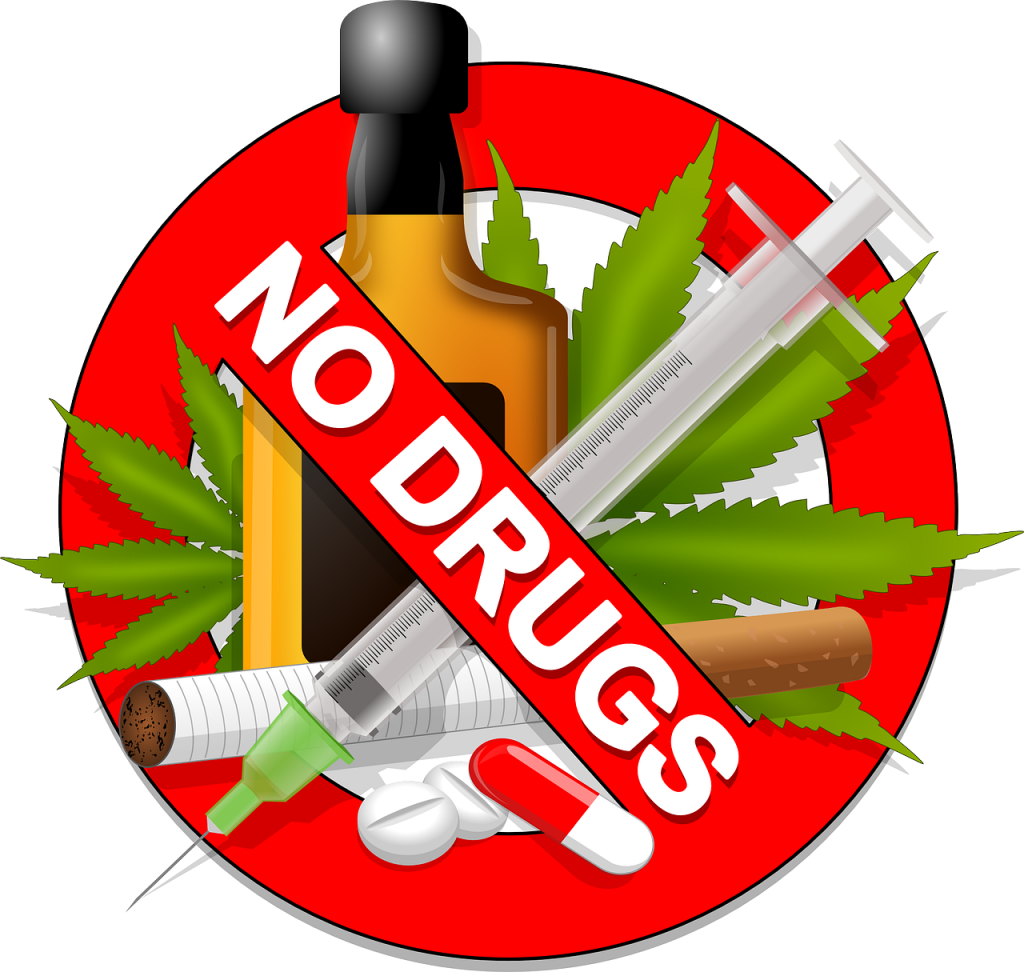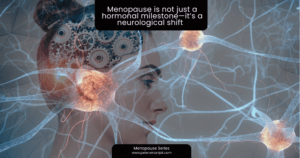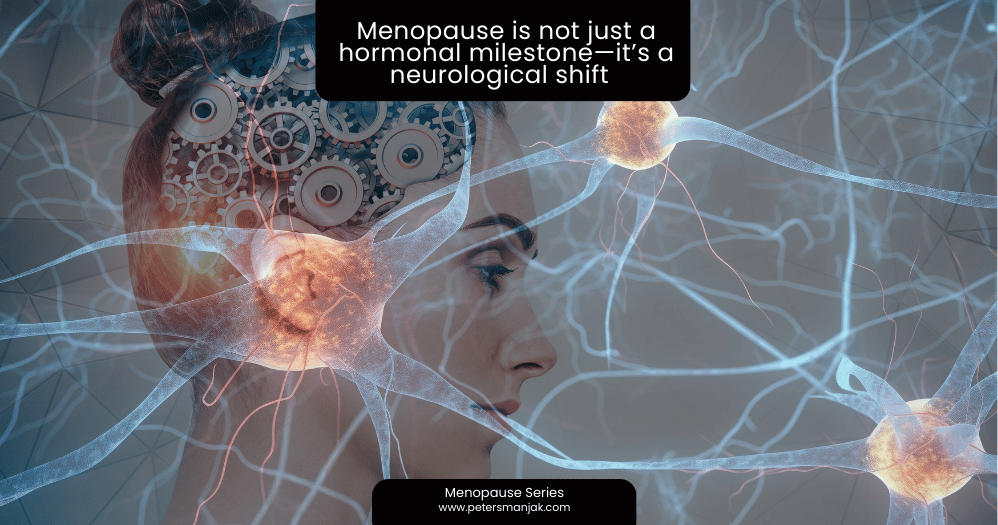Do you or a family member suffer from attention deficit disorder (ADHD), autism, mental depression, post-natal depression, autism, schizophrenia, anorexia, bipolar disorder or any behaviour disorder?
Study Published in the Journal Addictive Behaviour
A concerning new study published in the journal Addictive Behaviour and titled, “A systematic review into the incidence, severity and duration of antidepressant withdrawal effects: Are guidelines evidence-based? (http://prescribeddrug.org/wp-content/uploads/2018/10/Davies-Read.pdf),” reveals that antidepressants are far more addictive and harmful than previously assumed, and vindicates the long time activism on this issue.

Highlights from the paper
- More than half (56%) of people who attempt to come off antidepressants experience withdrawal effects.
- Nearly half (46%) of people experiencing withdrawal effects describe them as severe.
- It is not uncommon for the withdrawal effects to last for several weeks or months.
- Current UK and USA Guidelines underestimate the severity and duration of antidepressant withdrawal, with significant clinical implications.
See side effects of the so popular Prozac. Find it here.
Typical AD withdrawal reactions include increased anxiety, flu-like symptoms, insomnia, nausea, imbalance, sensory disturbances, and hyperarousal. Dizziness, electric shock-like sensations, brain zaps, diarrhoea, headaches, muscle spasms and tremors, agitation, hallucinations, confusion, malaise, sweating and irritability are also reported (Warner, Bobo, Warner, Reid, & Rachal, 2006, Healy, 2012).
Although the aforementioned symptoms are the most common physical symptoms, there is also evidence that AD withdrawal can induce mania and hypomania, (Goldstein et al., 1999; Naryan & Haddad, 2011) emotional blunting and an inability to cry, (HolguinLew & Bell, 2013) long-term or even permanent sexual dysfunction (Csoka & Shipko, 2006).
Concerning Implications
The concerning implications of this study to millions around the world who are on antidepressants were immediately recognized by the media, as
evidenced by mainstream reporting on the topic with the following headlines:
- BBC News: Antidepressant withdrawal ‘hits millions’ (https://www.bbc.com/news/health-45717465)
- The Guardian: Antidepressant withdrawal symptoms severe, says new report (https://www.theguardian.com/society/2018/oct/02/antidepressant-withdrawal-symptomssevere-says-new-report)
- The Times: Painful price of coming off drugs for depression (https://www.thetimes.co.uk/article/millions-face-severeside-effects-when-coming-off-antidepressants-new-reportreveals-n8l729vtf)
- Independent: Antidepressants cause withdrawal symptoms in over half of patients who try to quit them, review shows
(https://www.independent.co.uk/news/health/depressionwithdrawal-symptoms-antidepressants-side-effectsnice-prescription-drugs-a8565066.html)
All-Party Parliamentary Group for Prescribed Drug Dependence
In Sep 2017 the All-Party Parliamentary Group for Prescribed Drug Dependence, in conjunction with researchers at the University of Roehampton, undertook one of the largest direct-to-consumer international surveys of its kind into withdrawal from psychiatric drugs (antidepressants, antipsychotics and benzodiazepines). There were approximately 1700 respondents, 319 of whom were antidepressant users living in
the U.K. This report summarises both the quantitative and qualitative data on the U.K. antidepressant users (319) who reported their withdrawal experience.
The responses to this survey make clear the ruinous impact of antidepressant withdrawal on some individuals, as well as the failure of those responsible for their care to understand and to treat the problem. It also reveals that other government-funded sources of support are entirely inadequate, with individuals left to fend for themselves or rely on internet-based support groups.
Survey respondents describe the suffering caused by withdrawal in the most severe terms, with some claiming that the process had devastated or ruined their lives. For many the experience lasts more than one year, with some respondents describing incapacitating symptoms for longer than five years, which can lead to the breakdown of marriages, careers and – for over 25% of respondents – indefinite disability.
Seven respondents indicated they referred to psychiatry for help. The general theme from these responses, however, was that psychiatric support was no more useful than that received by G.P.s. This demonstrates the importance of a strategic and nutrient therapy approach while weaning off medication. One respondent provided the following statement:
“I have been referred to psychiatrists 2 or three times. They have done nothing more than the GP was able to do. That is, they believed my withdrawal symptoms were just a return of my depressive symptoms (symptoms which I never had before being prescribed medication) and
prescribed me more of the same medication.”
APPG-PDD-Survey-of-antidepressant-withdrawal-experiences. Find it here.
Weaning Off Mental Health Drugs
It’s a fact that most people with chronic mental problems would like to wean themselves off of psychiatric drugs commonly prescribed for these conditions, but just precisely how to do that is the question.
Before you learn more about this topic, ask yourself an important question: who would you listen to for advice about weaning away from psychiatric drugs?
Should you be at that point looking to wean yourself off any pharmaceutical drug and do not know where to start, contact us and our functional pharmacist expert will draw up a schedule on how to wean yourself off these drugs while supporting your body with the correct foods, nutrients and or supplements . Connect with us at info@petersmanjak.com








